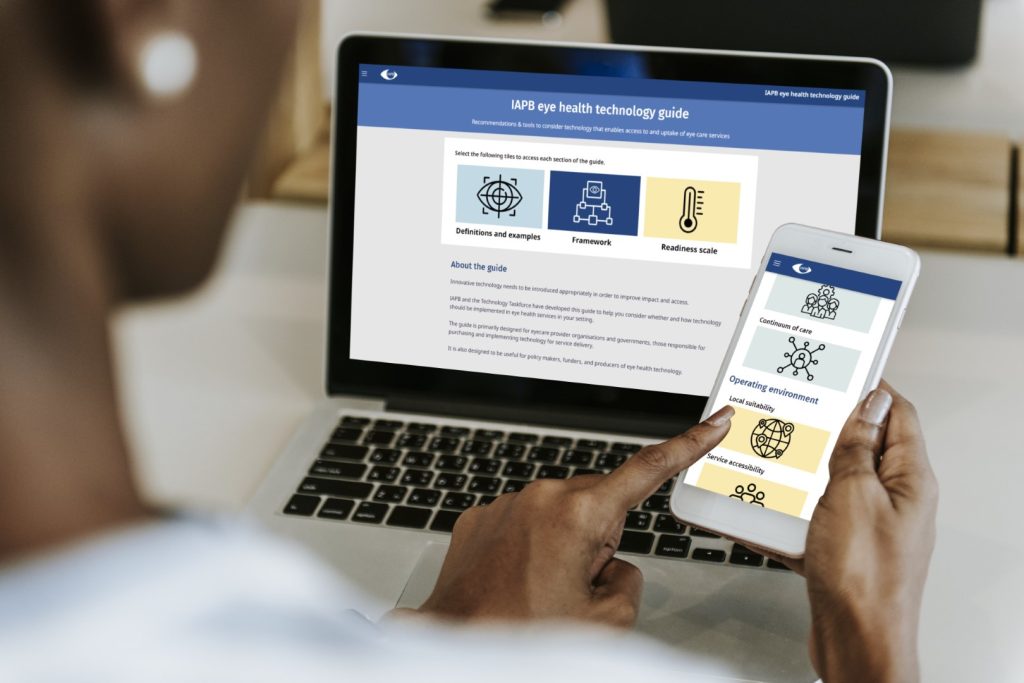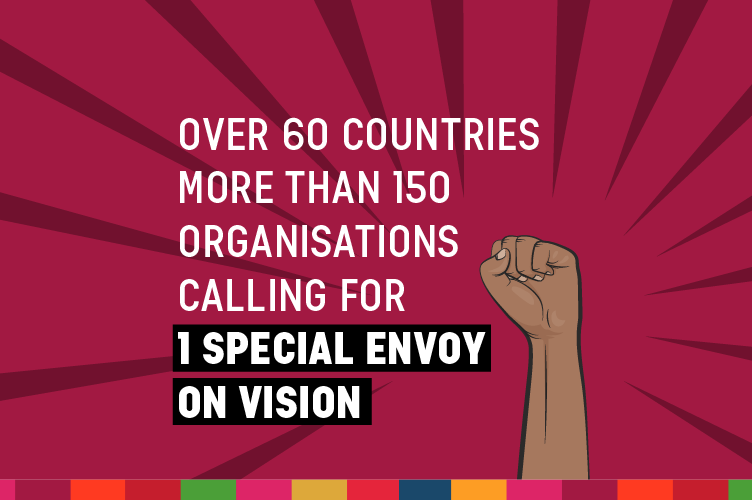A woman’s place… in ophthalmology
Celebrating 25 years with Alcon, Karen Fowler worked her way up to become head of the Australia and New Zealand business and the region’s surgical division. As one of the few women holding top spots in the ophthalmic industry, she talked to Lesley Springall about the challenges and highlights of her career and how she views the future for women in ophthalmology today.
What do you enjoy most about heading up Alcon ANZ?
I’m very proud of the team we have here. There are a lot of people who have been with the organisation for a number of years and who punch above their weight in their commitment and how they support customers on the ground. As a company, we also have a big footprint in New Zealand – a big team, warehousing, distribution, a head office for New Zealand covering both vision care and surgical – which was a dream for me, to get that set up to allow us to give the best service we can to our Kiwi customers.
Which do you love most – optometry or ophthalmology?
I love both sides, but my main focus day-to-day is on the ophthalmic side. I have a counterpart in Rich Oliver, cluster franchise head for vision care ANZ, so he’s more involved in the vision-care business. But I was head of vision care for a period of time too, so it remains quite close to my heart.
It’s a wonderful thing to be involved in helping return a patient’s sight. They may have a cataract, their vision declining over the years, so to restore fantastic vision with some of the technologies we have, I love that. Also our industry is not huge, which makes our impact much more personal.
What are some of the biggest changes you’ve seen in ophthalmology during your time with Alcon?
One of the big innovations for me is probably the evolution of intraocular lenses. When I started in 1997, a three-piece acrylic lens was our main product; now we can correct a patient’s astigmatism, give them their reading back… that’s amazing. But there’s been lots of incremental stuff too, innovation that’s helped minimise the impact of surgery for the patient, (reducing) incision sizes, for example.
We have a hand in ensuring Australian and Kiwi surgeons’ voices are heard by our R&D folk. A handful are also involved with R&D, our global advisory boards and our clinical trials for new technology. Alcon has always developed products through the eyes of the surgeon for the patient, and that’s still the case today and is something I’m really proud of. New Zealand and Australia are consistently used as pilot markets and, for some technologies, it’s really outstanding that we get access earlier than other markets.
Are Kiwi and Australian ophthalmologists happy to speak out?
Karen Fowler, head of Alcon ANZ
[LAUGHS] Yes, culturally that is the case, and that’s why we have some ophthalmologists at the top of the tree, in terms of their influence. New Zealand and Australian surgeons are sought out for their input because you’re always going to get an honest answer.
What has been your biggest personal hurdle in the last 25 years?
I am really proud to be the first female country manager for Australia and New Zealand. I hope that I’ve broken some ground for other women to follow. I think it’s important for women to have role models. I certainly had those during my career. (Being female) was something to overcome in some ways at different times. To stay with a company this long you have to have determination; you have to be able to overcome obstacles and stick to the course; you have to know yourself, know your worth and build that confidence over time. As a younger woman, it’s obviously a lot harder because you don’t have that level of self-confidence.
The fact that I’m here, that I’ve been given the opportunities I have, is also testament to Alcon’s focus on diversity and inclusion. When I think back to the leadership team that was in place in my early years, we had a male GM, but the CFO was a woman, the head of HR was a woman, the head of regulatory was a woman and, back when we had three divisions, the head of pharmaceuticals was a woman. If I look at my leadership team now, I have an equal number of women and men, and that is not by design, they are just the best people for the job.
What’s your biggest highlight of the last 25 years?
I get a lot of joy out of seeing people evolve and develop, and hopefully helping to align some of those opportunities so they can reach their career goals. Also, we’ve had some tough times, changing distribution and Covid and these sorts of things, so I’m very proud to have been involved in steering the team through. I’m also proud to have been leading the business when we launched new technologies, like AcrySof IQ Vivity (a first-of-its-kind, non-diffractive extended depth of focus IOL). It’s been wonderful to see this innovation embraced across New Zealand and Australia for patients.
Have you seen much change in ophthalmology in general?
I’m very privileged to have the opportunity to engage with many ophthalmologists and one thing I’ve noticed is that with each generation (female ophthalmologists) have a stronger voice; they have opinions, they are valued. That's a good thing, because if you think about the patient, men and women each bring their own strengths, so having that diversity within a group of ophthalmologists brings a different perspective
One of the challenges for women, in any industry, is when they are having families – how can we help them continue with their career so that we retain their experience?
Are you talking about unconscious bias, where people assume women want to stay home when they have a baby?
Yes. They think, ‘oh she’s had kids, she won’t want to do that, because she won’t want that pressure in her work’. But we should let her make up her own mind.
Any words of wisdom for younger women looking at a career in ophthalmology?
This industry gives a lot back to you, particularly if it’s important to you to have a strong sense of purpose in your work. Reflecting on my beginnings all those years ago, I’d say, remember to have time for yourself, know your worth, realise that those obstacles aren’t as bad as you may think – you may be stronger than you know.
We need to keep up that encouragement and confidence because it really is a wonderful industry to be involved with.



























